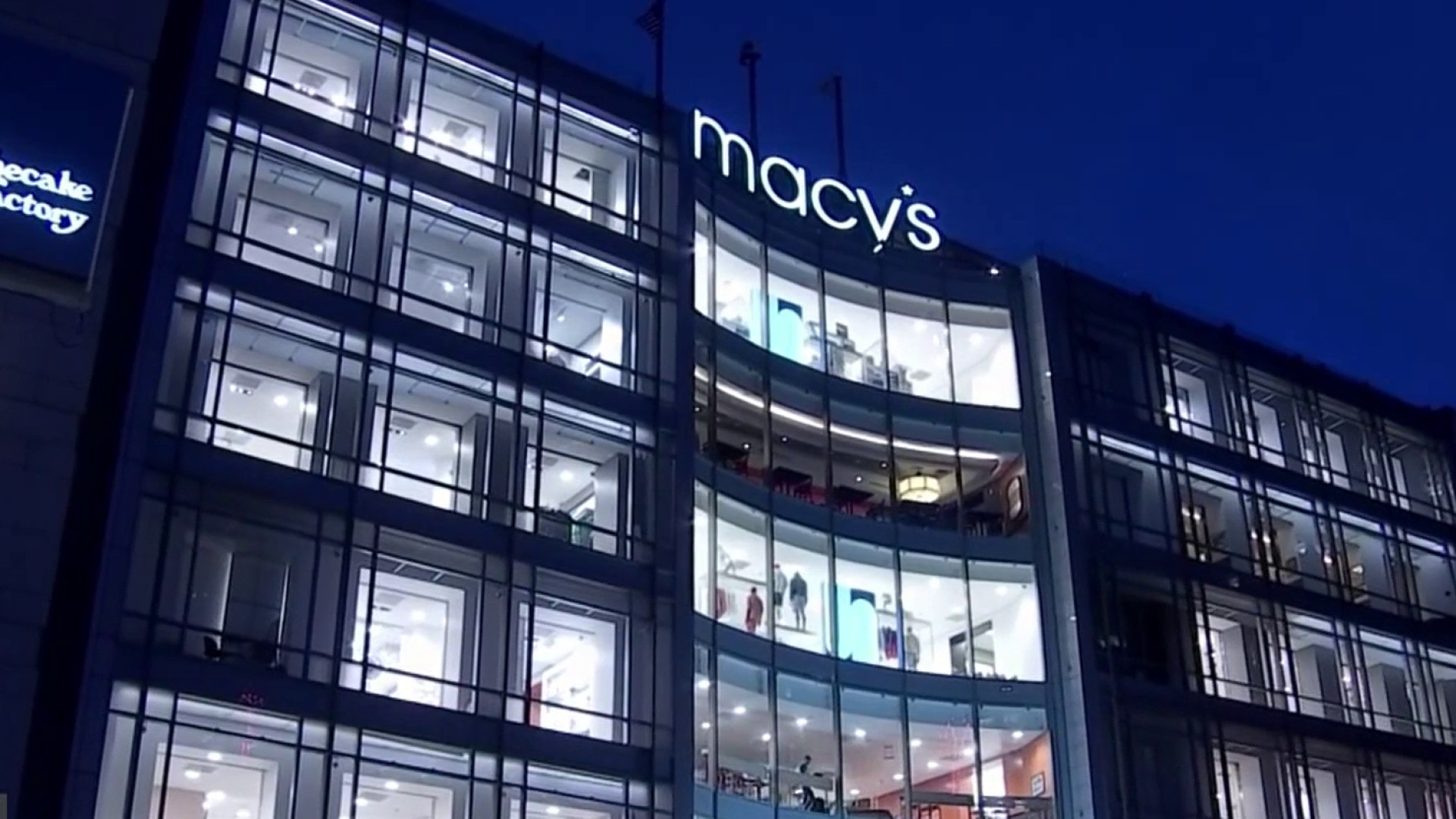Stakeholders at the Port of Oakland on Tuesday gave the Oakland City Council an earful of concerns with a proposal for a new Oakland A's ballpark near Jack London Square.
One company said that the project could hurt the region's economy by hampering the port's potential expansion. Members of the International Longshore and Warehouse Union said they did not feel like they had been adequately consulted.
Meanwhile, City Council President Rebecca Kaplan said that some of the A's marketing material made her feel that she was being pressured to support the ballpark, including a flyer that described it as "to be built."
"Nothing should be being put out that in any way suggests that a decision has been made," Kaplan said. "I'm starting to feel like it's an attempt to jam us into a decision that we haven't made."
Oakland A's Vice President of Government Affairs Taj Tashombe apologized on behalf of the A's if the council felt their marketing material presented the project approval as complete.
"We just want to make sure there's an open process," Tashombe said. "We're not producing documents declaring victory."
The comments came as the council received an informational report on the ballpark project, but took no vote affecting it.
Local
The A's have proposed building a 35,000-seat ballpark on the 50-acre Howard Terminal site, which would also potentially include residential units, office space, retail, a hotel, theater and open space.
According to the city's report, it remains unclear whether there would be any public costs for the city of Oakland.
The costs of infrastructure for any project aren't known yet. The Port of Oakland, which owns the land, approved an exclusive negotiating agreement with the A's in May that indicates the A's have to fund their own infrastructure costs, but the city isn't part of that agreement.
At Tuesday's meeting, representatives of GSC Logistics, a shipping company operating at the port, were furious with the process so far and warned that it could stunt economic growth in the region.
CEO Scott Taylor cited a report that said the Port of Oakland could run out of space by 2030 or 2050, depending on the rate of growth. The council asked for a copy of the report but it was not immediately clear whether they received one.
Taylor said that there is a "memo going throughout the industry advising vessel lines and terminal operators to bypass Oakland if a stadium is built."
"The future of Oakland, the economic engine of Northern California, the jewel of the Bay Area, is the Port of Oakland supporting thousands of thousands of jobs," Taylor said.
Members of the ILWU also spoke in opposition to the project. Union Vice President Melvin McKay said that the council had not yet discussed it with his members.
Others cited concerns with disruption of truck traffic entering the port and safety of people crossing train tracks that run along the street in the area.
Many speakers were also supportive of the project, with most citing that the A's will soon be the last professional sports team in Oakland.
Chris Dobbins, president of the advocacy group Save Oakland Sports, said, "We've lost the Raiders, we've lost the Warriors, we want to keep our A's."



